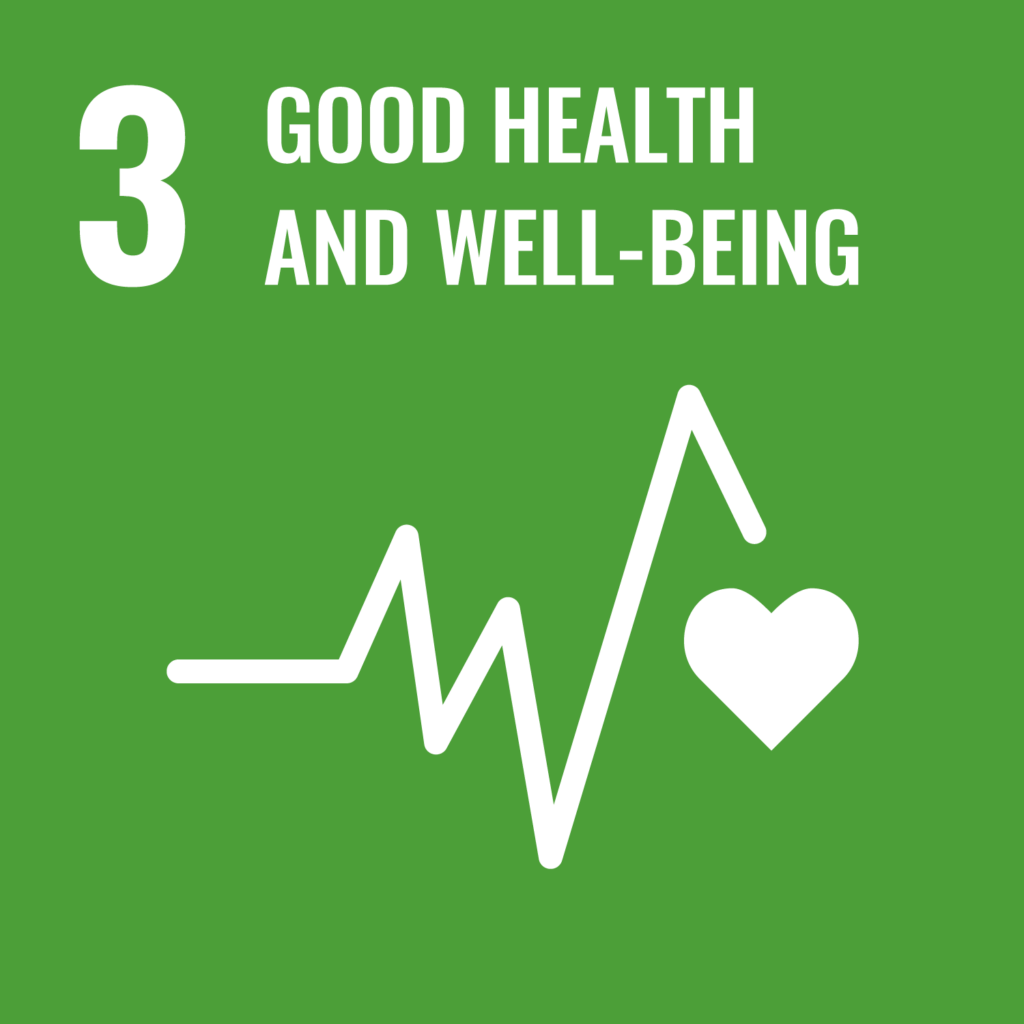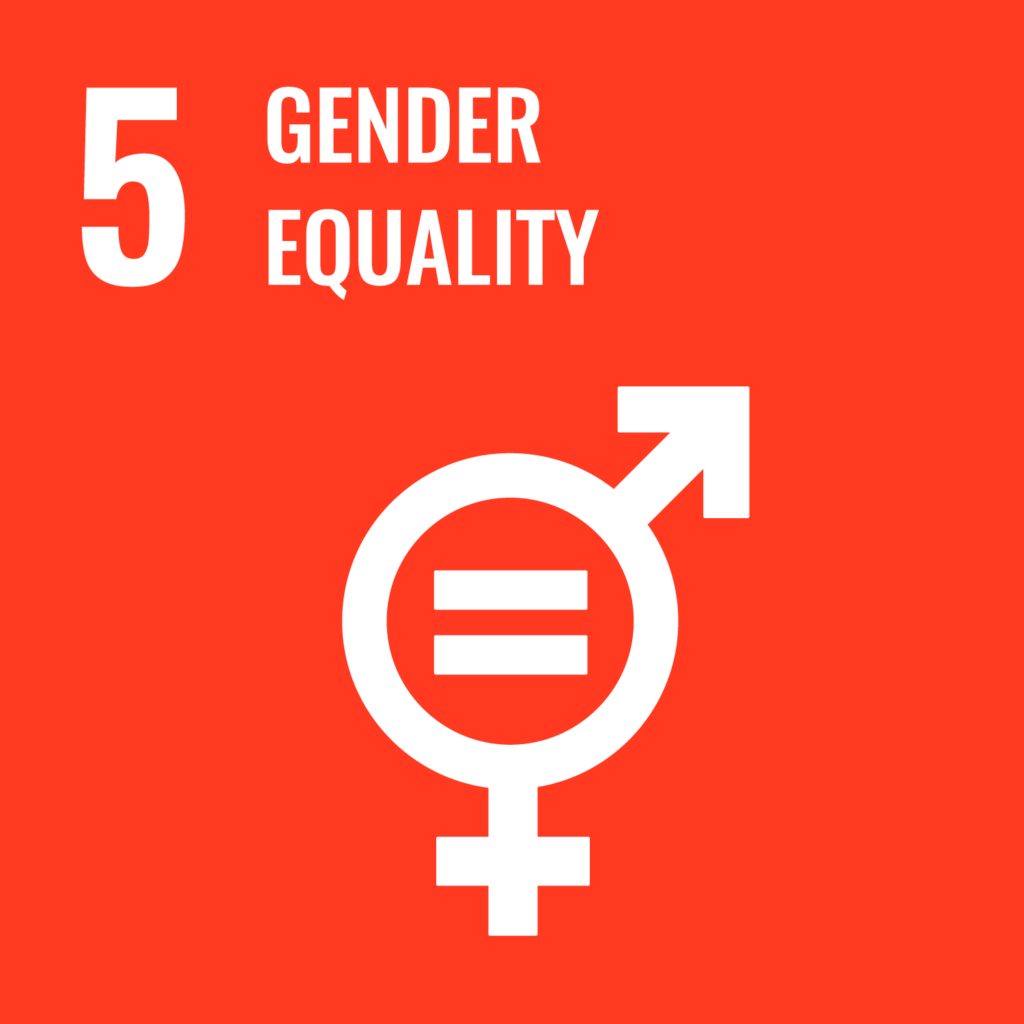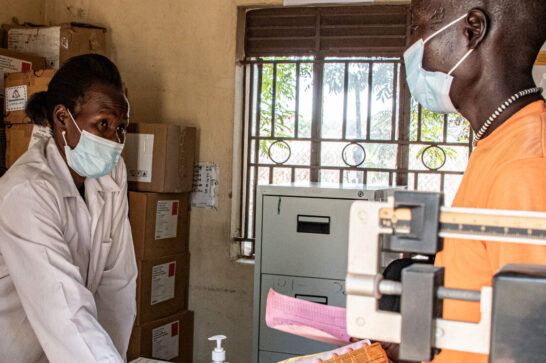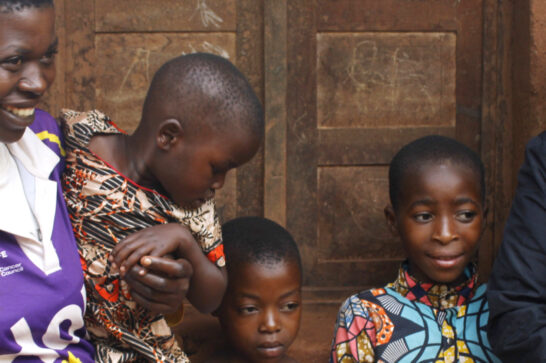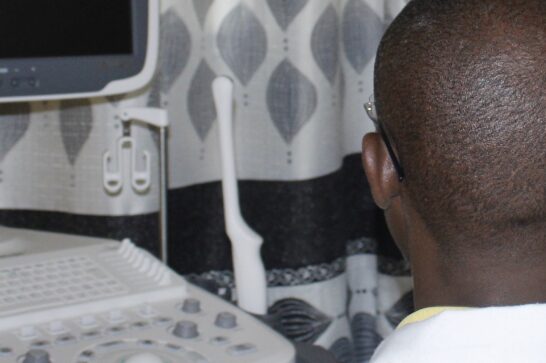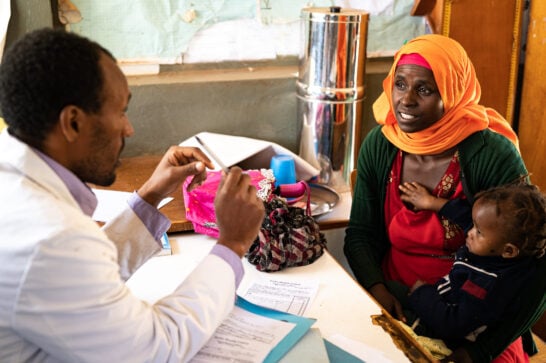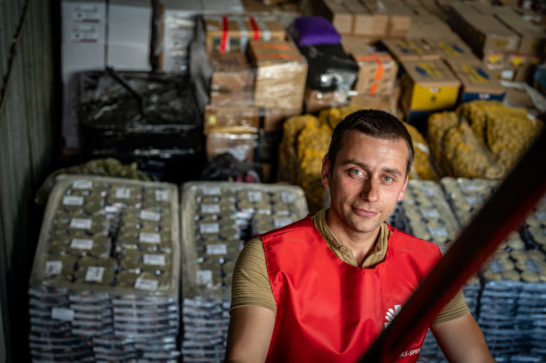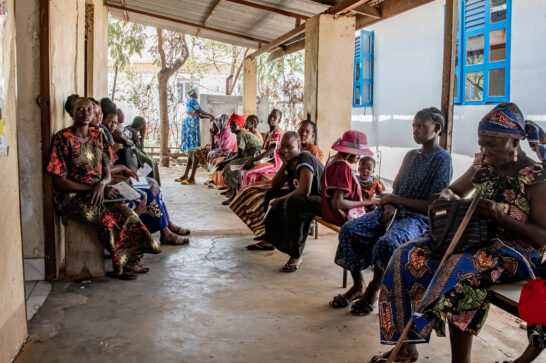We support local healthcare organisations and institutions and provide them with the necessary means to improve their services. This saves many lives. Our quality healthcare programmes prevent and treat HIV infections, reduce maternal and infant deaths and help people cope with trauma through professional psychosocial support.
Health system strengthening
Results-based financing and performance-based financing are our guiding approaches to strengthening health systems. This means we link funding directly to performance: healthcare providers receive payments after verification of their outputs, in terms of agreed quantity, quality and client satisfaction indicators.
This transforms the governance of health systems. The strategy introduces checks and balances, motivates staff, and involves government authorities. Communities are also engaged, in both the governance of the health facility and in local health promotion.


